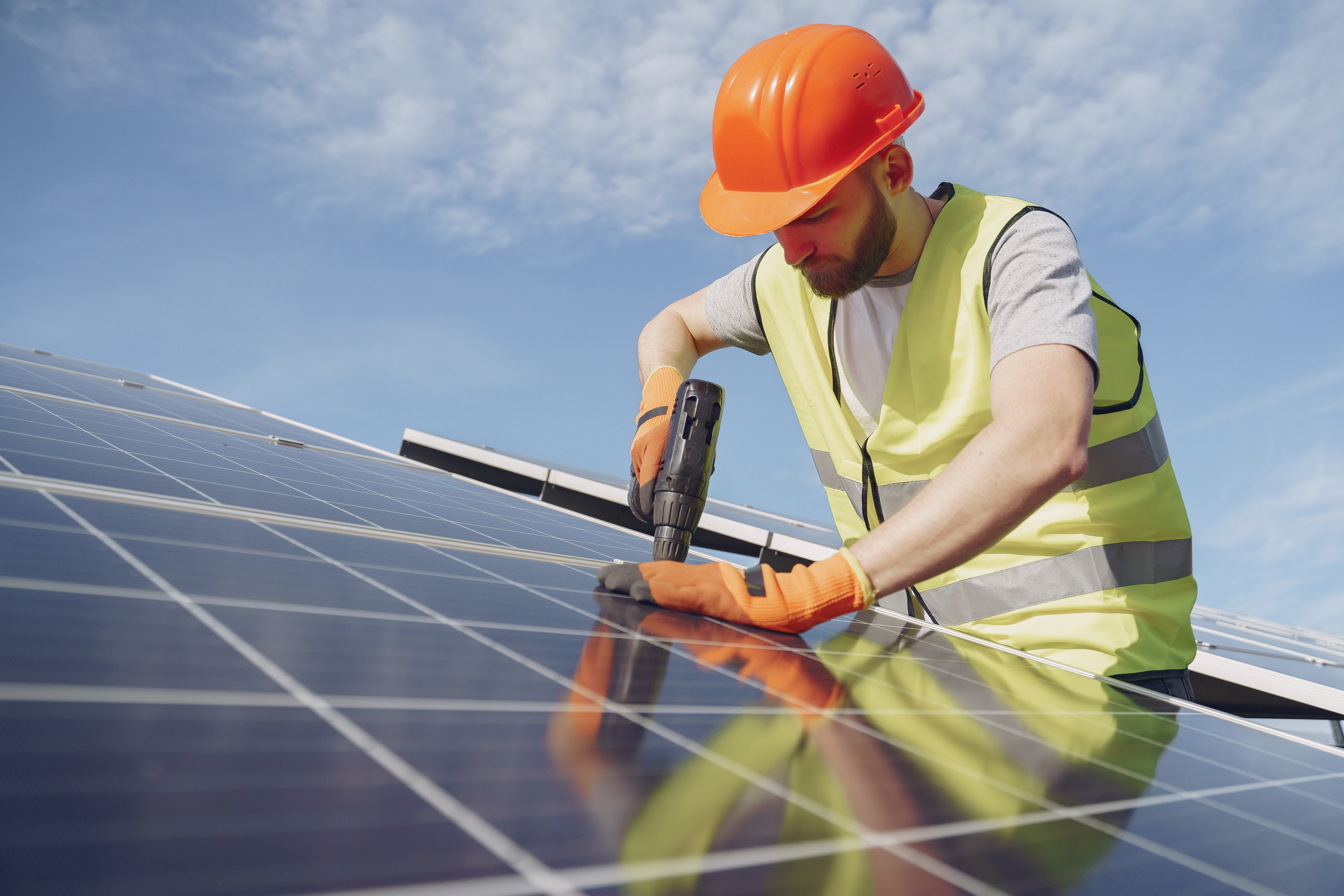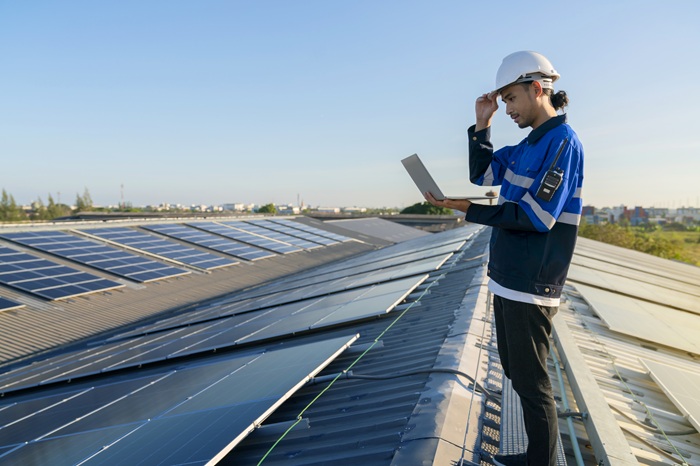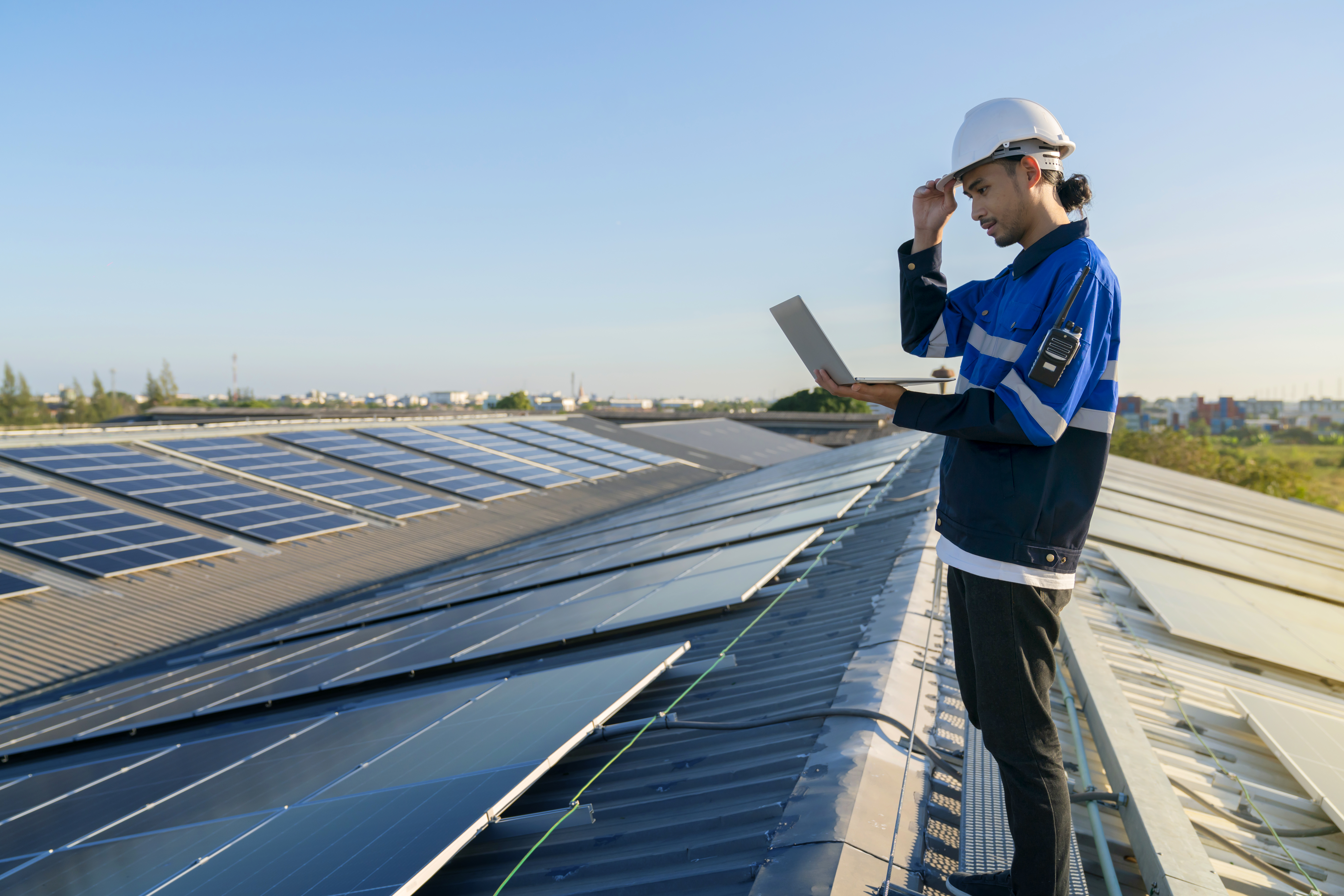The Environmental Impact of Solar Energy: Cleaner, Greener, Smarter

Strong 8k brings an ultra-HD IPTV experience to your living room and your pocket.
Introduction
As the global community faces the growing threat of climate change, the need for clean, renewable energy sources has never been more urgent. Among the most promising solutions is solar energy—an abundant, sustainable, and eco-friendly power source that can transform how we fuel our homes and businesses.
Beyond cutting energy bills, solar panel installation plays a critical role in protecting the environment. It reduces greenhouse gas emissions, limits reliance on fossil fuels, and supports a greener planet. Thanks to professional solar power installers, switching to solar has never been easier—or more impactful.
In this blog, we’ll explore the environmental benefits of solar energy and how embracing this technology leads to a cleaner, greener, and smarter world.
1. Solar Energy Reduces Greenhouse Gas Emissions
Traditional electricity generation relies heavily on burning fossil fuels such as coal, oil, and natural gas. This process releases harmful greenhouse gases (GHGs), including carbon dioxide (CO2), into the atmosphere—major contributors to global warming and climate change.
By contrast, solar panel installation generates power from the sun, producing zero emissions during operation. According to the U.S. Department of Energy, a typical residential solar system can eliminate three to four tons of CO2 emissions each year—the equivalent of planting over 100 trees annually.
Each new rooftop installation helps decrease the demand for fossil-fuel-generated electricity, significantly lowering your household’s carbon footprint.
2. Solar Reduces Air and Water Pollution
Power plants that burn fossil fuels emit pollutants like sulfur dioxide, nitrogen oxides, and particulate matter. These pollutants contribute to respiratory issues, acid rain, and smog, affecting both human health and ecosystems.
Solar energy doesn’t release these pollutants. When you hire solar power installers to equip your home or business with solar panels, you're actively supporting cleaner air quality.
Additionally, solar power uses minimal water compared to coal or nuclear power plants, which require vast amounts of water for cooling. This water-saving benefit is especially important in drought-prone regions, making solar not only clean—but also resource-efficient.
3. Conservation of Natural Resources
Coal, oil, and natural gas are finite resources. As we consume more, these sources become increasingly scarce and difficult to extract, often leading to environmental degradation like deforestation and habitat destruction.
Solar energy, on the other hand, is infinite and widely available. The sun delivers more energy to the earth in one hour than the world uses in an entire year. By investing in solar panel installation, we reduce our dependence on depleting resources and protect ecosystems from unnecessary exploitation.
4. A Cleaner Energy Grid
Widespread adoption of solar energy leads to a more sustainable and resilient energy grid. When more homes and businesses generate their own power, utilities can rely less on large-scale fossil-fuel power plants. This decentralization reduces transmission losses and grid strain.
Some solar power installers also offer battery storage solutions, allowing homeowners to store excess solar power and use it during peak hours or blackouts—enhancing energy independence and reliability.
5. Reducing Land Degradation
Mining and drilling for fossil fuels often lead to land erosion, soil contamination, and loss of biodiversity. Solar power systems, especially rooftop installations, use existing infrastructure and require no additional land development.
Even large-scale solar farms have a smaller ecological footprint than fossil fuel facilities. They can be installed on non-arable land, deserts, or even floating on bodies of water, minimizing environmental disruption.
6. Long-Term Sustainability
Solar panels have a long lifespan—typically 25 to 30 years—with minimal maintenance required. During their lifetime, they consistently generate clean energy without emitting harmful gases or waste products.
Moreover, solar panel recycling technology is improving, allowing materials like glass, silicon, and metals to be reused. This closed-loop lifecycle further enhances solar's sustainability and reduces environmental impact.
7. Creating Green Jobs and a Sustainable Economy
The growth of the solar industry contributes to both environmental and economic health. As demand for solar increases, more skilled solar power installers and engineers are needed—creating green jobs and driving innovation.
By investing in solar, we’re not only saving the environment—we’re also supporting local economies and building a sustainable workforce for the future.
Final Thoughts: A Smarter Choice for the Planet
The shift toward solar energy is more than just a trend—it’s a smart, responsible move for the future of our planet. From reducing pollution and preserving natural resources to supporting cleaner communities and creating sustainable jobs, the environmental impact of solar energy is profound and far-reaching.
Whether you’re a homeowner, a business owner, or a policymaker, choosing solar energy is an investment in a healthier world.
And it all starts with professional solar panel installation by trusted solar power installers.
So, if you're ready to reduce your carbon footprint, lower your bills, and be part of the green energy movement—it's time to go solar.
Note: IndiBlogHub features both user-submitted and editorial content. We do not verify third-party contributions. Read our Disclaimer and Privacy Policyfor details.





